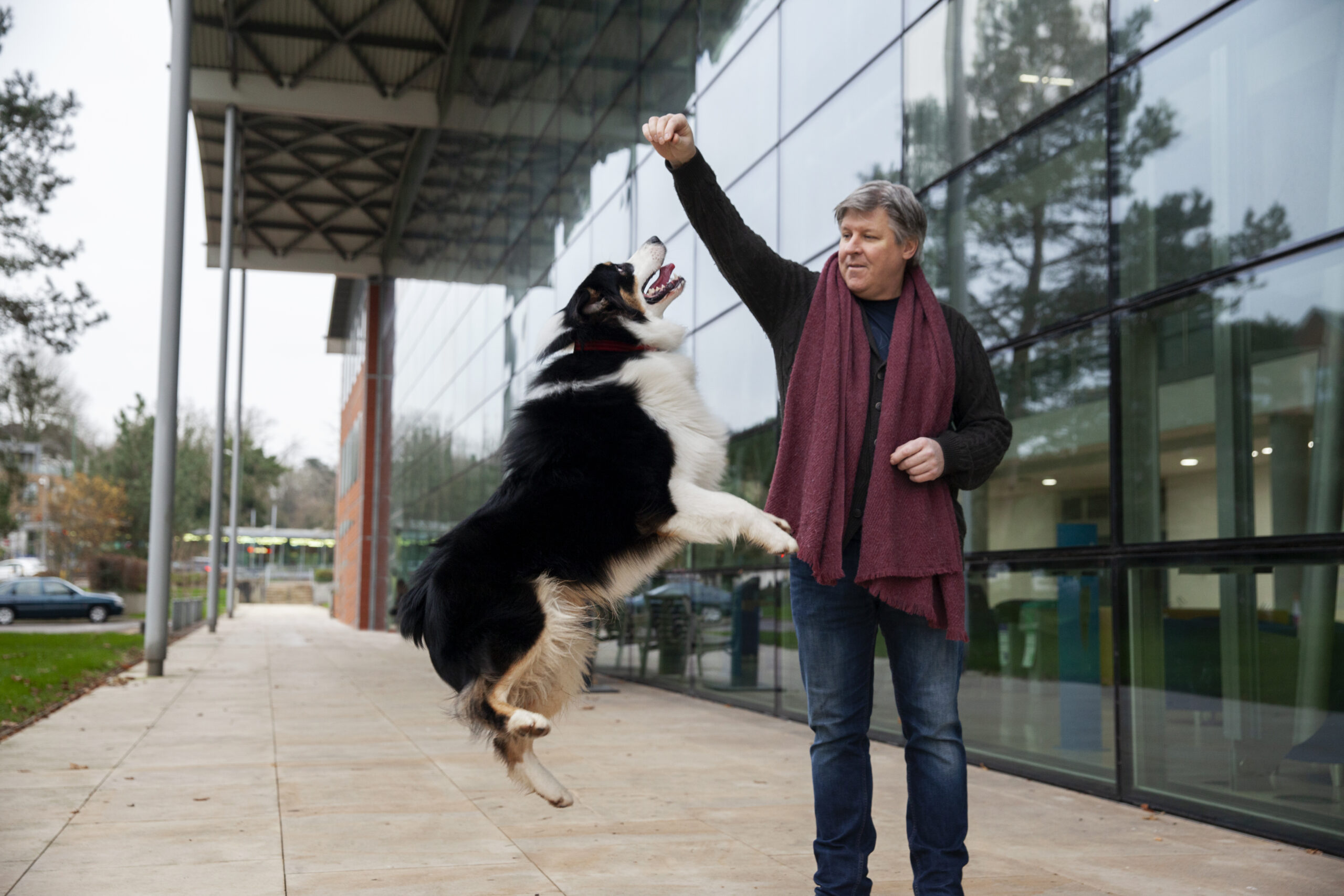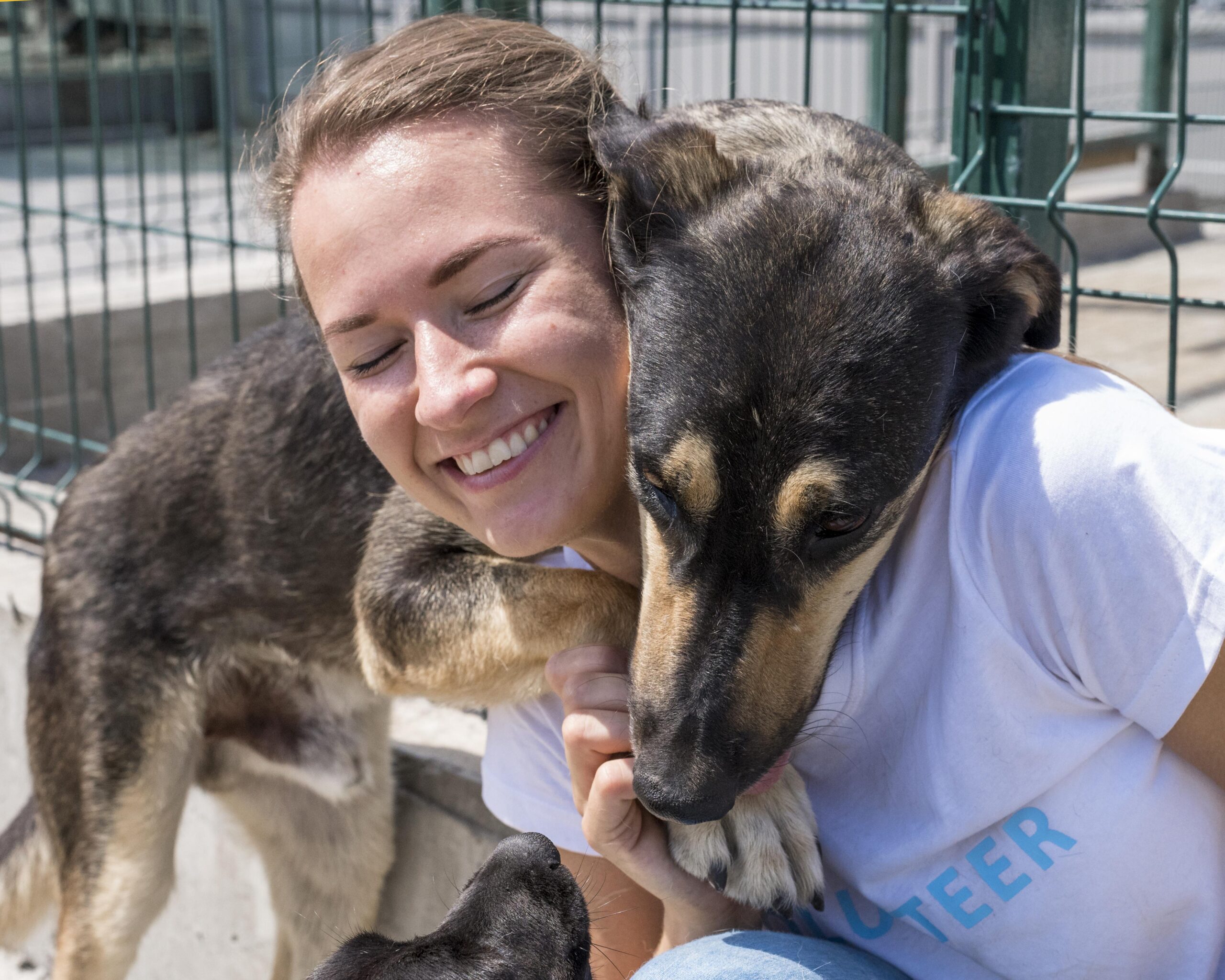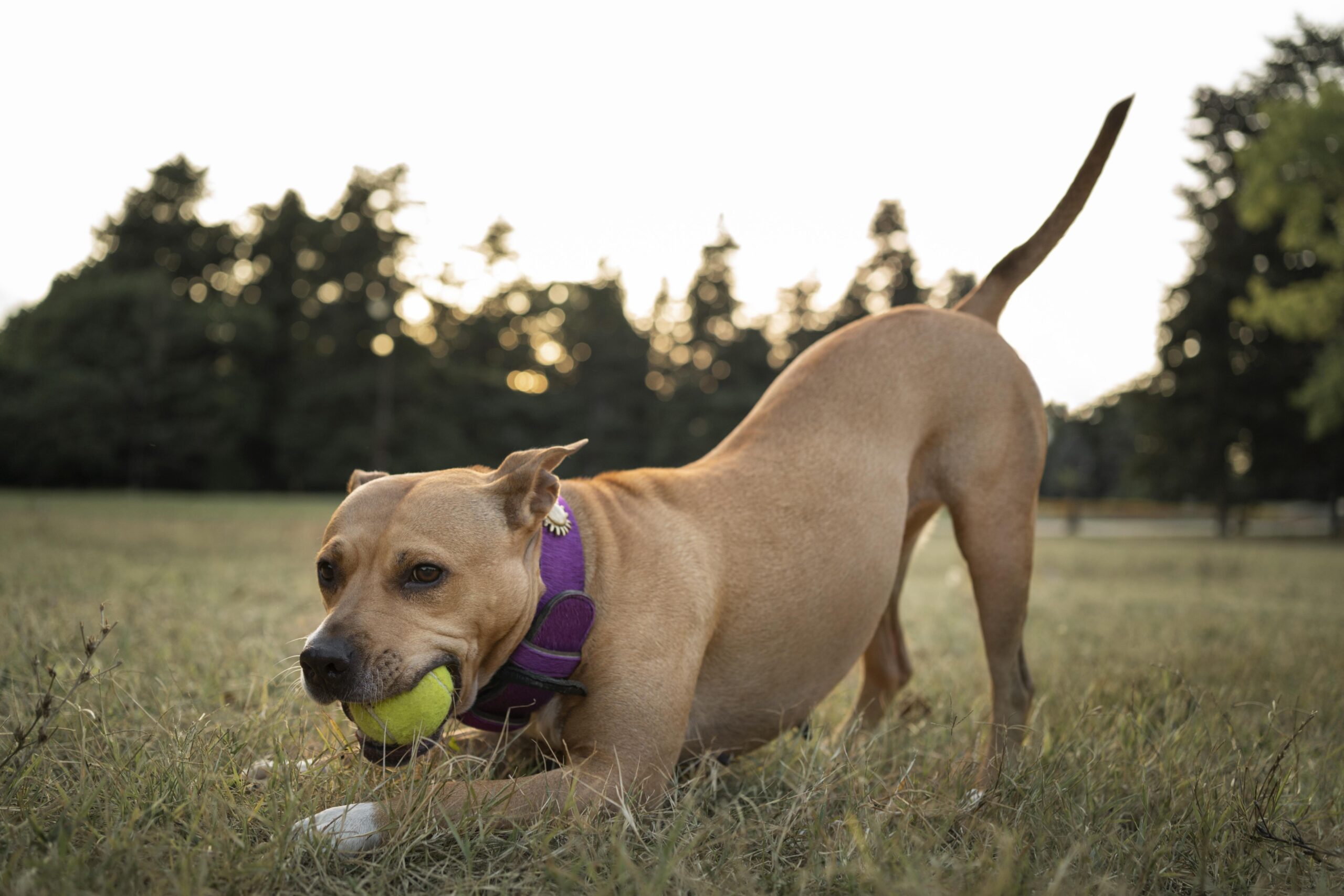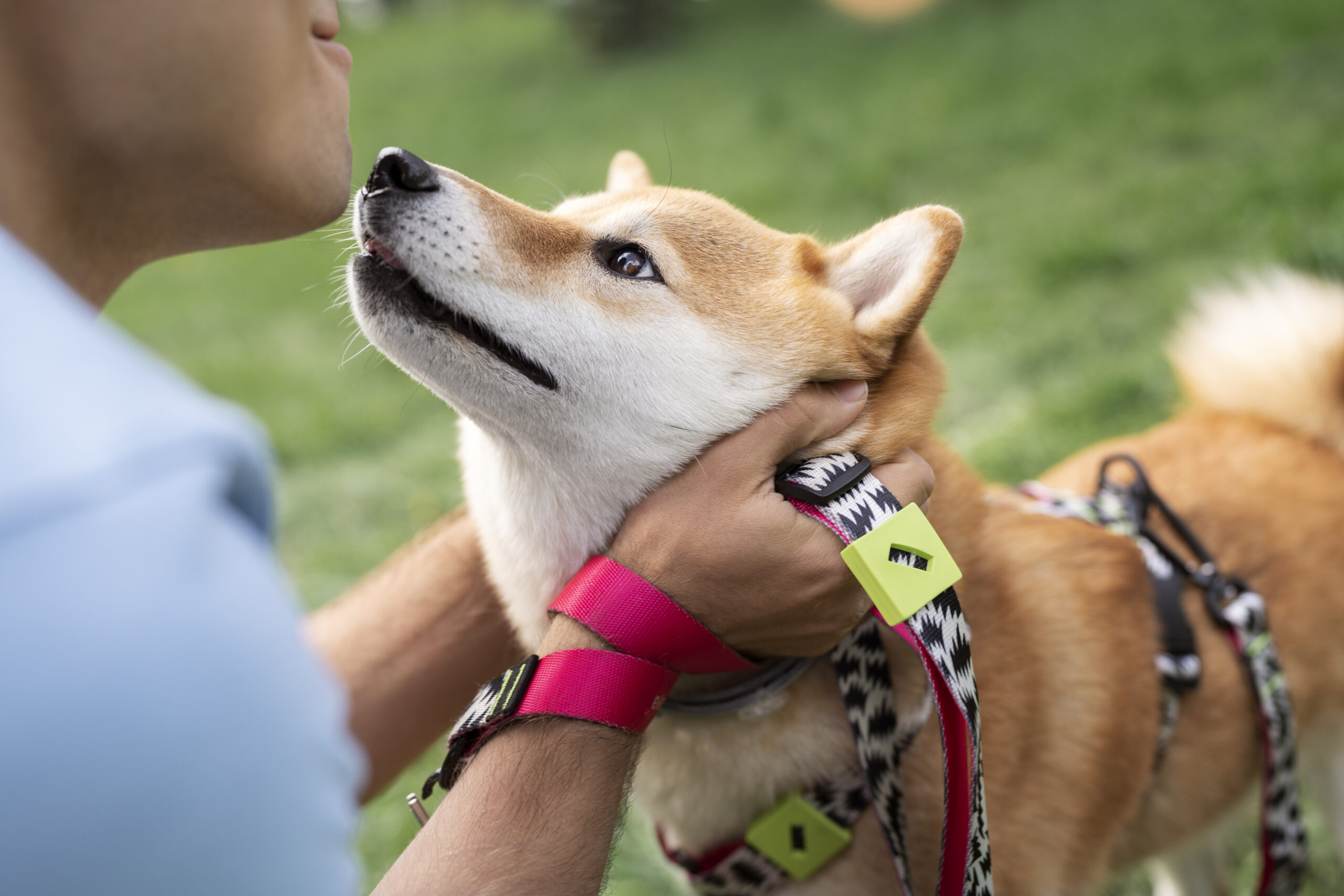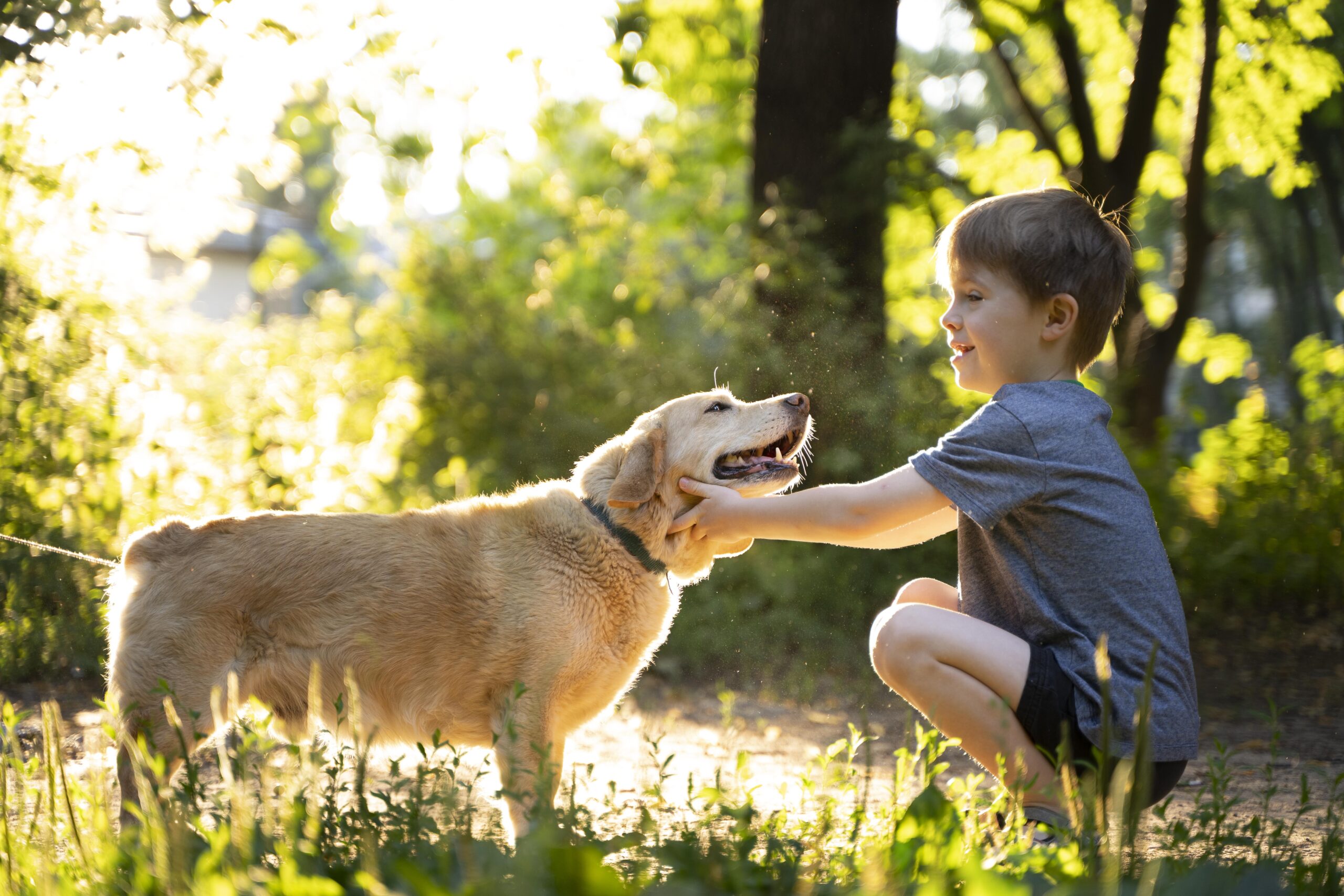How Regular Training Prevents Canine Obesity
Obesity in dogs isn’t just a matter of aesthetics; it can reduce their lifespan by up to two years. Understanding and preventing canine obesity through regular training is crucial. This approach isn’t new but remains vital in keeping our furry companions healthy and happy. Regular exercise regimes, tailored to each dog’s needs, help in burning … Read more


